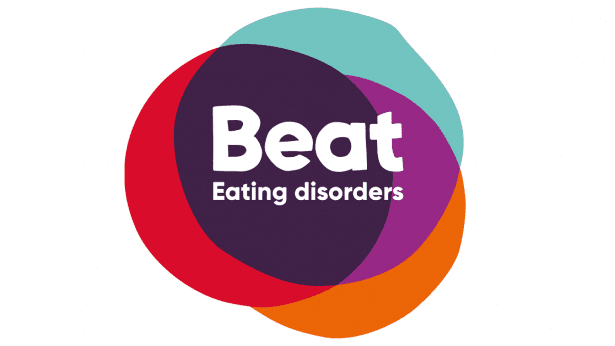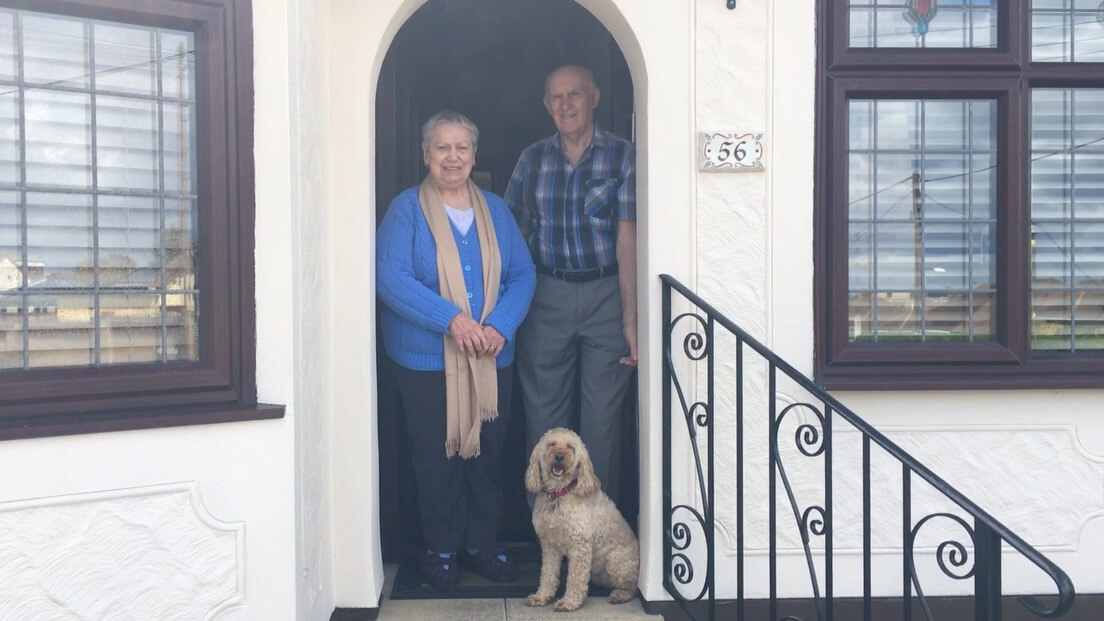
With weather like this week’s snow storm, most of us make the most of the cold air and extra snow by curling up with a mug of hot chocolate and enjoying the winter.
The shorter amount of daylight through the winter is just another excuse to stay indoors. But this lack of sunshine can seriously affect the mental health of people like Joel Carter.
“After a few years, I kind of noticed a pattern of when it starts getting dark early, I just start feeling more and more depressed. My mental health gets affected quite dramatically when it starts getting dark. That’s just always been the case.”
Joel, 20, experiences Seasonal Affective Disorder (SAD). In the winter months, up to 29 per cent of British adults can experience symptoms of the disorder, according to a survey done by The Weather Channel and YouGov.
Young adults and people who live far from the equator are especially vulnerable to SAD. The disorder can deeply influence how they interact with the world in winter.
Joel said: “It affects everything really. It just makes me feel so drained, a lack of enthusiasm for doing anything. Getting up in the morning is difficult. It drains you of all ambition.”
According to the NHS, symptoms of SAD include a persistent low mood, lack of energy, irritability and changes in appetite. While the specific causes of the disorder aren’t entirely known, it is thought that the lack of sunlight creates changes in the body that lead to negative changes in mood.
Depending on the severity of someone’s SAD, treatment ranges from Cognitive Behavioural Therapy to antidepressant medication. There are resources available for anyone who might be experiencing SAD.
Neil Gregory is the Learning and Development officer for Mental Health Matters (MHM), a national non-profit based in the North East.
“MHM offer support to individuals experiencing all forms of mental health needs. In particular relation to SAD, we would be able to offer psychological therapy to manage the condition. If appropriate, we can offer support with other issues such as daily living skills and employment.”
For Joel, the most important thing is that others understand and reach out to people with SAD.
He said: “No one really knows that it exists pretty much. Or people do, but they push it aside and don’t really think about it. But it affects a lot of people. I would like people to understand the fact that winter can be really hard for some people.”
Simply talking to someone who might be struggling with SAD can be the best way to help and understand them.
Neil said: “Knowing someone else is there for the individual is the first step. You do not have to be an expert — just listen.
“A person may need encouragement or support to access help (such as visiting a GP) or to just go for a coffee to talk. Be careful not to ‘blame’ the individual for their situation – nobody chooses to have mental health problems.”



